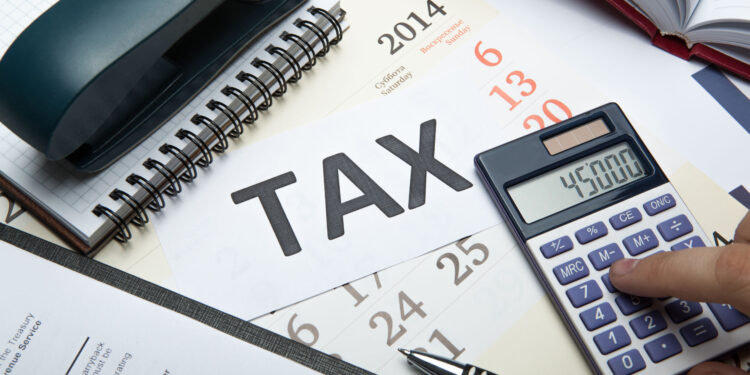By Emmanuel Nduka Obisue
The Nigeria Tax Administration Act (NTAA) has introduced new measures that make the use of Tax Identification Numbers (Tax ID) mandatory for certain financial and business transactions. To clear the air, the Presidential Fiscal Policy and Tax Reforms Committee has released key clarifications.
Here are 10 important things Nigerians need to know:
1. Tax ID for Bank Accounts
All taxable persons including those earning income through trade, business, or other economic activity, must provide a Tax ID to open or operate bank accounts. Non-taxable individuals are exempt.
2. Not a New Policy
The requirement has been in place since the Finance Act of 2019. The NTAA only harmonises and strengthens enforcement.
3. From TIN to Tax ID
The new law unifies different Tax Identification Numbers (TINs) under one “Tax ID,” linked to your NIN (for individuals) or CAC RC number (for companies).
4. Existing TIN Still Valid
If you already have a TIN, it remains valid. No need to register again.
5. No Tax ID Card Needed
A Tax ID is a number, not a physical card. It is issued free of charge and can be obtained online or at tax offices.
6. Applies to Businesses Too
Companies, NGOs, and other registered entities must obtain a Tax ID, usually generated automatically from CAC registration details.
7. Diaspora Nigerians Covered
Nigerians abroad can get a Tax ID using their NIN for banking and investment purposes in Nigeria.
8. Foreign Companies Must Comply
Non-resident companies doing business in Nigeria must register for a Tax ID. Those with only passive income may not need to, but must still provide relevant details.
9. Government Agencies Not Exempt
All ministries, departments, agencies, and government-owned enterprises must also register and obtain a Tax ID.
10. Deadline Is January 1, 2026
Taxable persons who fail to register may lose access to bank, insurance, pension, or investment accounts, in addition to facing sanctions.
The Committee says the reform will simplify tax administration, close loopholes, and ensure fairness, so that everyone who earns taxable income contributes, while low-income citizens remain protected.


































